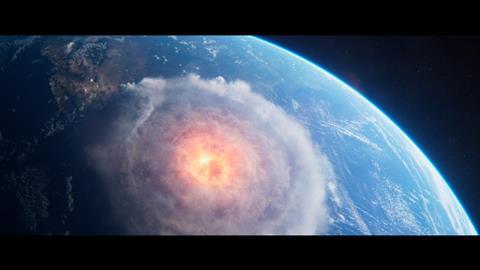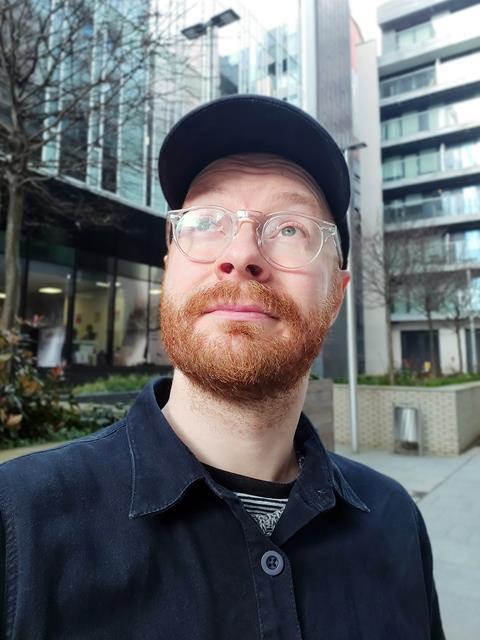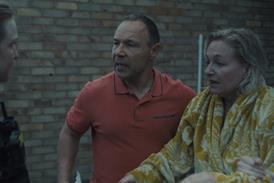Lux Aeterna’s James Pollock outlines the work of the MyWorld project to bring high-end R&D to the region, especially around AI and real-time rendering

In 2019, Lux Aeterna was approached to be an industry partner on the University of Bristol’s MyWorld programme bid for the UK Research and Innovation (UKRI) Strength in Places Fund (SIPF), including additional partners like the BBC and Aardman.
MyWorld launched in 2021, with the aim of embedding a culture of R&D innovation across the region by funding a series of collaborative projects between regional industry and academic partners.
The programme is all about powering up the West of England’s creative technology sector through the development of innovative new tools, processes, skills and facilities. As a result, local industry and academic partners are coming together to share and collaborate on R&D.
Since I first joined Lux Aeterna, and started working on real-time, interactive and immersive projects, I’ve been firmly on the more exploratory and experimental side of what we do, which made a good fit for the MyWorld project.
My role within the programme is a research producer. This means that beyond undertaking R&D, I help the academic and industry partners understand what we’re investigating, I learn about their research efforts, and we look for places where we can collaborate and support each other.
Collaboration with the creative community
As part of the experimental production strand, we work with Aardman Animations and Bristol Old Vic theatre, as well as Bath Spa University and University of the West of England to support projects that take the research that’s being done as part of MyWorld and apply it within a production. We’ve also engaged in a number of MyWorld workshops and talks, which aim to create wider conversations beyond the programme participants.
There’s a huge amount of innovation in the creative and production industries. What drives that is as much a culture of sharing novel processes and ideas, as it is the demands of clients and the creative work itself.
The R&D we’re doing can hopefully go some way to de-risk undertaking projects that make use of the tech we’re exploring. My experience of working in VFX and immersive tech is that anything that clears up the question marks that sit above a project plan and opens new avenues to achieving a vision, is invaluable. That’s why our approach to disseminating R&D is to put it as practically as possible — someone should be able to use it as a guide to their own endeavours.
Exploring AI and real-time technologies
We’re currently looking into two broad research areas: real-time rendering and AI tools. Real-time rendering is something we’ve dealt with a lot in our VR and AR work, but we’re now seeing it move more and more into the VFX space, particularly in virtual production volumes. We’re also interested in how it could make VFX workflows more agile and reduce render loads. We’re using these learnings to plan the production of a sci-fi film we’re currently developing, looking at all the ways in which we can utilise AI and real-time tools to create it.
At the beginning of 2022, we spent some time looking into image generation AI tools such as Midjourney and Disco Diffusion, purely out of curiosity. But it soon became apparent that this area was advancing so quickly that it was really important we pay close attention to what was going on.
While we’re still in an exploratory phase with how we might use these technologies, it’s clear that they can enable us to quickly explore multiple approaches to a visual idea, rework existing assets, or create entirely new assets in a matter of minutes. There are already generative tools that are producing 3D models and animations. The results can look naive, but so were the results from 2D generative models 12 months ago.
AI has been the hot new thing to jump on every year for the last ten years. But for the creative industry it feels like it’s truly broken through now and folks are really going to benefit from all the advice, case studies, and demonstrations they can find.
As part of the MyWorld programme, we’ll continue to work with world-class innovators in the South West to expand this creative hub, collaborating with the global creative technology sector to support innovative projects, and nurture the development of emerging tech and talent.

James Pollock is a creative technologist at Lux Aeterna, and research producer for MyWorld
































No comments yet